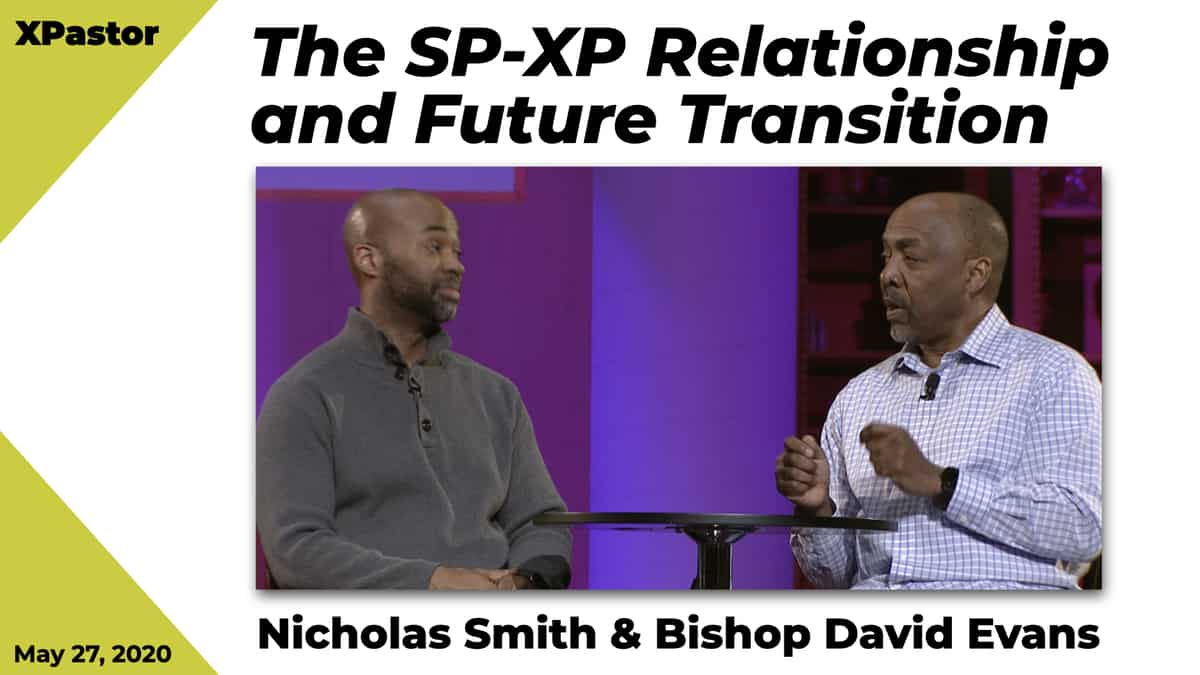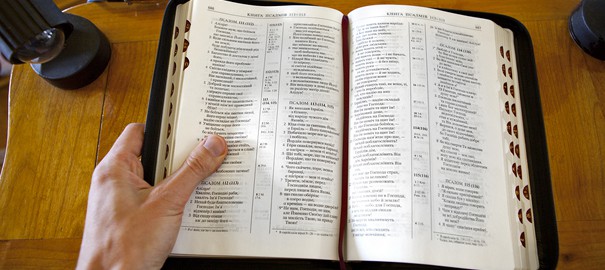I believe in the Executive Pastor position to my core. There is tremendous value that an Executive Pastor can offer a church. God has been preparing me for this role my entire life and brought me in on this plan about a decade ago. Note that my end goal is not, nor has ever been, the number one seat of Senior Pastor. God has called me specifically to the second seat.
There are four areas that nearly every Executive Pastor encounters at some point in their ministry. While there is material enough on these four topics to fill a book, we will just skim the surface concerning:
- The wildly ambiguous and elusive expectations of the Executive Pastor role.
- The delicate balance of the systems with the people.
- The tremendous importance of a well-nourished SP and XP relationship.
- The requisite temperament needed to excel as an Executive Pastor.
The Expectations of the Executive Pastor
Flexibility is the name of this game! If you require consistent and predictable work patterns, this role may not be for you. The best XPs have a high threshold for vague guidelines and unformulated expectations. I get it; who doesn’t love a clear, concise, well-written job description? But the best Executive Pastors out there can live without one.
Those XPs are able to manage the multi-faceted particulars and intricacies of the church without being paralyzed by them. They are skilled at entrusting large quantities of details to others by delegating the decision-making power. This, of course, is only possible when the XP has developed a staff of empowered and competent leaders. At the same time, the XP is able to tactically choose the few decisions and details that should not be given away. In his book, Defining the Role of the Executive Pastor, Phil Taylor says, “It’s true—Executive Pastors don’t do much, but we have the incredible privilege and responsibility to ensure much gets done.” There is far more required of the XP than any one man or woman could ever accomplish. The best XPs make sure a whole lot gets done. Being able to oversee the details without having to personally see them to their completion seems to be a common trait of those XPs.
If an Executive Pastor is not derailed by the ambiguity of this role, it is because he or she knows how to employ and release leaders who make good decisions. When those leaders don’t exist, the XP is able to adapt and fill the void … but only temporarily.
The best XPs are not crippled by the mountains of unspoken and hazy expectations because they are relentlessly giving the work of the church away to others, not attempting to do it all themselves.
Systems vs. People
A more optimistic person might say, “Systems are not in competition with people,” but that person does not understand the endless tension which every savvy XP must hold on a daily basis. An equal value—for both the systems that keep an organization solvent, responsible and safe and the people those systems are ultimately designed to serve—seems unlikely to be found in any one person. Nearly every XP has a bent toward either the systems, that keep a church healthy and on the move, or the people, that keep it viable, productive and special. The best XPs maintain a continual equilibrium between the two. They may play to their strengths and natural assets, which is wise, but they hold a sophisticated understanding and value for the symmetry needed between the two.
Policy writing and system design can be one of the easiest or most challenging jobs for the Executive Pastor. It is easy in the sense that there are vast amounts of church and non-profit policies on the internet that one could simply cut and paste. This is done all the time in churches … all the time! Full disclosure: I’ve done it myself! I mean, why recreate the wheel if you don’t have to! There is no shortage of plug and play systems and software available and marketed to the church. Such systems can bring a small church out of the stone age overnight. These aren’t bad things.
But, policies and systems that are designed to serve both the specific organization and specific people in the organization are a rare find indeed! The typical church policy or system does one or the other, but generally not both. Furthermore, if you happen upon such a thing, a quick cut and paste won’t work either. The most useful policies and systems are always tailor-made to simultaneously bless and protect a specific people and organization.
The Senior Pastor and Executive Pastor Relationship
The significance of a healthy SP and XP relationship cannot be overstated. Without embellishing this, I have seen this relationship go sour more times than I haven’t. Perhaps one of the most difficult things to determine when an SP is hiring an XP is “How is this relationship going to work out?” The two pastors need to have similar perspectives and approaches to leadership while holding two opposite yet complimentary skill sets. They need to engage each other like old friends yet maintain the highest level of professional courtesy. Like I said, I have mostly seen this relationship grow stale and tiresome for both parties. I can’t pinpoint the reason this seems true, except that we have an enemy who is cunning and knows where to focus his attacks. Think about it: if you can get an SP and XP sideways with each other, or get them to think their relationship is simply exhausting, you can significantly hold up Kingdom advancement in that church. This is a strategic relationship for our enemy to attack, and he does it with unrelenting predictability.
So what can a Senior Pastor and Executive Pastor do about it? Fight! Not with each other, but for each other! They need to be each other’s biggest advocates and fans. They need to purposefully develop and cultivate trust-building behaviors with each other. Finally, they need to commit to daily, truthful and encouraging communication with one another.
The Right Attitude
This second chair position requires a specific type of leader with a specific understanding of the role. I believe the call from God to this role is just as important as the SP’s call to the first chair.I’ve heard of XPs that have become SPs, but the two positions are so different. It seems unlikely that a man or woman could effectively do both roles.
Playing second fiddle to a flawed SP, who may have less leadership training or expertise, takes a tremendous dose of humility and understanding for an XP. It takes a leader that can step in and lead in a moment’s notice, then letting go of the reins in the next. Servant mindedness is essential in this role.
For years, this anonymous quote has hung on my wall: The true test of a servant is how he acts when treated like one.
The XP may have the entirety of a church staff reporting to him, but, make no mistake—this role is one of a servant. The Executive Pastor role is the embodiment of the lessons taught by Jesus in Matthew 20:20-28.
A savvy, business-minded XP is of great worth for any church, there is no arguing that. But if he is not a servant-oriented shepherd, defined by humility, he will always remain half effective. Fortunately, if those essential character traits are lacking, they can be developed!
So what do you think? What would you add in the way of encouragement or precaution to a soon-to-be Executive Pastor?










